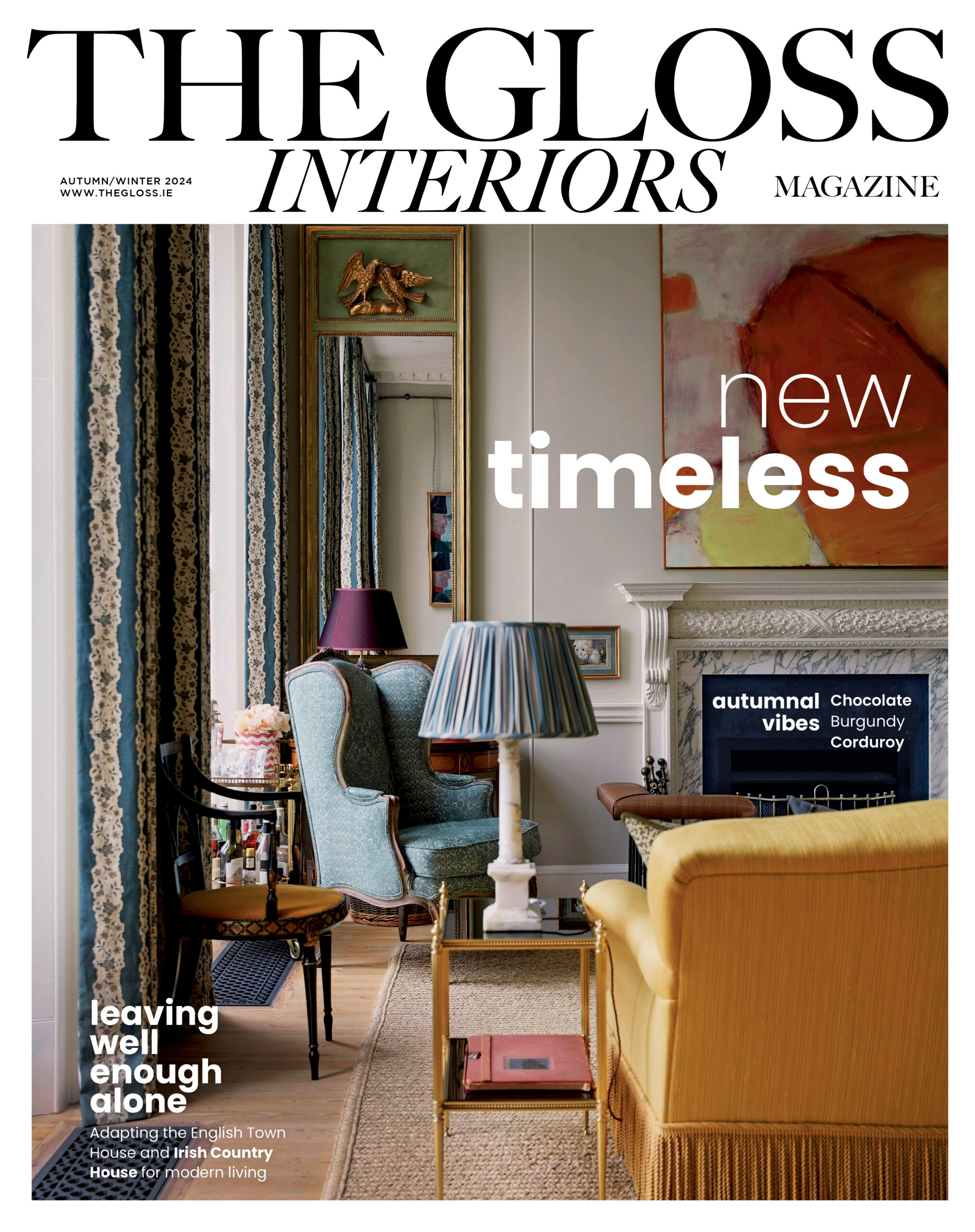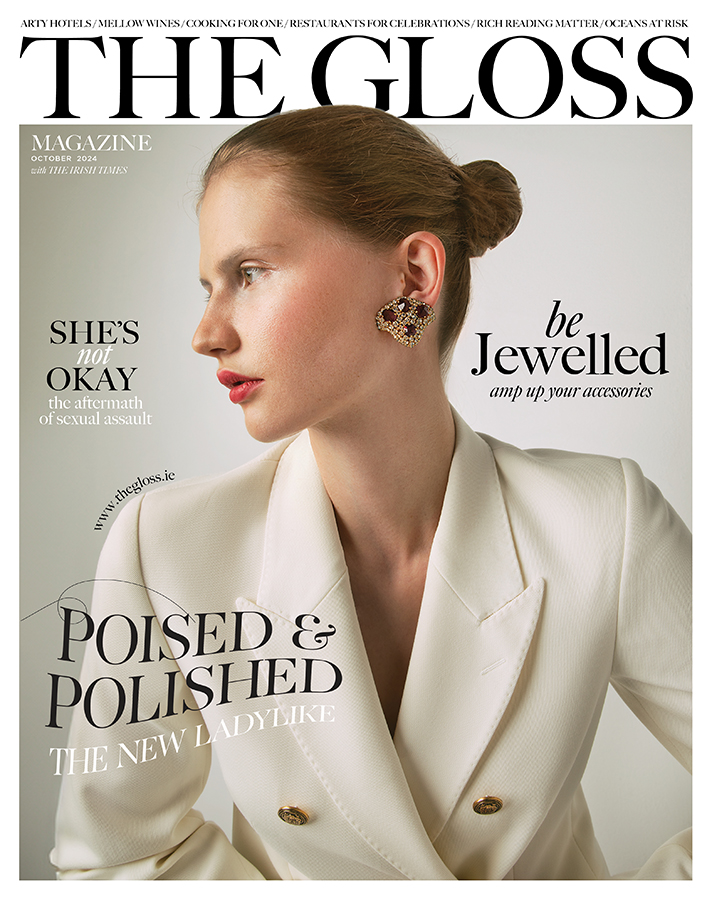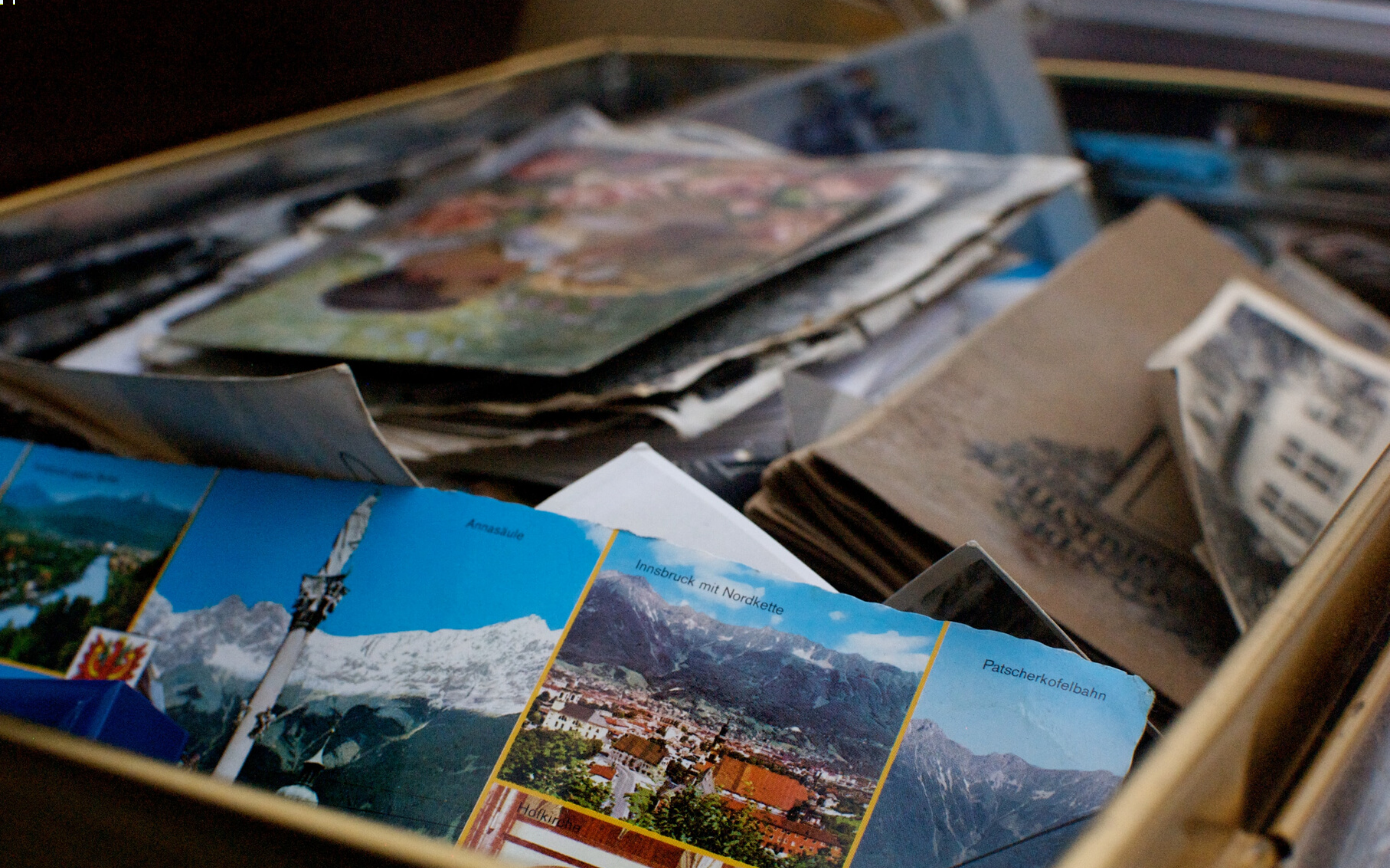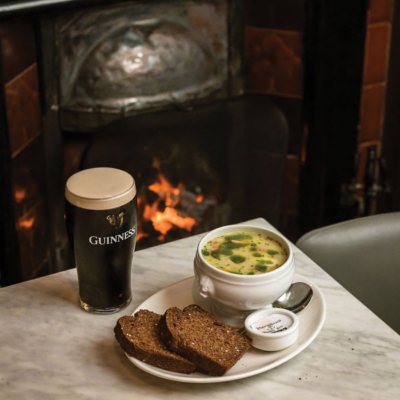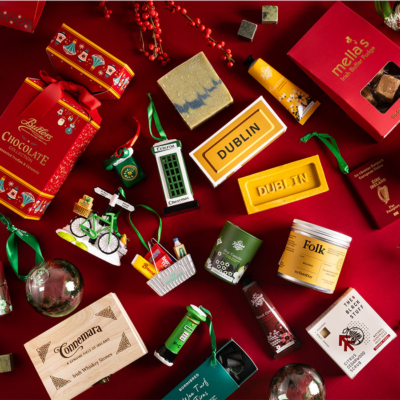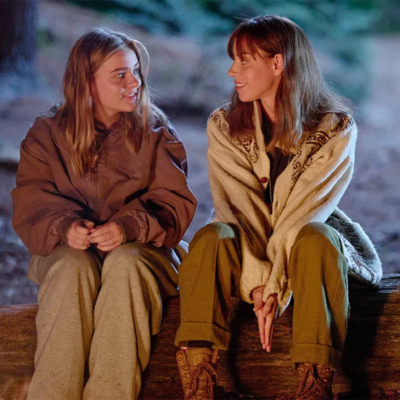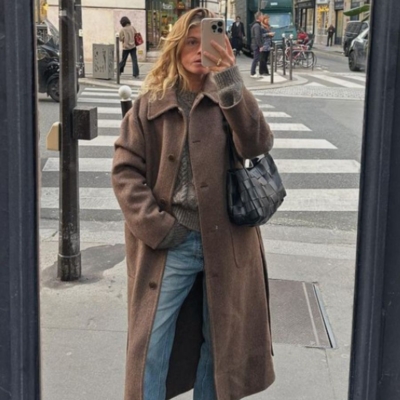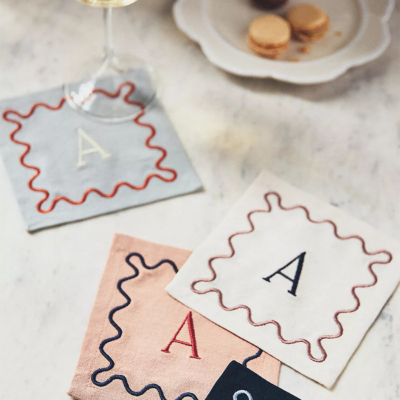When the crisis that shall not be named started to unfold five weeks ago, I took the decision to lock up my flat in London (in a lockdown, ironically) and came back to Ireland to be closer to my family. For the last few weeks, I’ve been staying with my cocooning mother in the house where I grew up, and thought I’d use the time to plunge into a pile of boxes that have skulked in the corner of my old bedroom for, oh, two decades or more. Anyone who has done similar over the past few weeks – and there are a lot of us – will confirm that sifting through the flotsam and jetsam of earlier lives can be an intense experience: the dog-eared packets of holiday snaps, teenage diaries, childhood birthday cards; friends’ wedding invitations, theatre programmes and old concert tickets, sheaves of letters, all steeped in memories. It was in the midst of all this that I found a stash of postcards, and voices from the past swam up to greet me:
“Did I ever tell you my nickname at primary school was Bull? I think I’ll start calling you that.”
“Here’s a snapshot of me one night when I overdid the fake tan and liquid eyeliner.”
“How did the driving test go? Marvellous weather here so I’ve tramped around old haunts. Anything you want? Call.”
For all their ephemeral charm, postcards pack an emotional punch: they’re like little grenades lobbed into the present from another time and place, short bursts of industrial-grade nostalgia. I am particularly susceptible to their ambushes: postcards are a big deal in my family. My father used to send them almost obsessively – on vacation, travelling for work, often just if he saw something that he knew would make the recipient laugh – and we have all inherited the habit. In fact, I almost started this piece with the question, ‘Why did people stop sending postcards?’, and then realised it would be a bit disingenuous, since I still do. I send them from my travels (interesting point: the quest to find the local post office is often a little adventure in itself) and as thank-you notes, and I replenish my stash every time I go to a museum or gallery.
It’s the intimacy and essentially human quality of the postcard that I really love, and that no WhatsApp message or email will never be able to replicate
It’s not just sentimentality – I genuinely believe that the postcard is an almost perfect form of communication. For both sender and recipient, it doesn’t carry the faint whiff of duty that a letter sometimes can – it’s the breezy youngest child of the epistolary family. And like its digital descendant, the text message, it says what it needs to say with economy and flair, forcing you to be succinct – brevity is its superpower. True masters of the art can compress personal greeting, a shared joke and the necessary message into one sentence. There are the holiday chroniclers, who will use every inch of space to recount, in minute detail (and matching minute handwriting), their encounters and affairs, litanies of meals eaten, monuments visited and ferries taken. My godfather was a true genius of the ‘series’ – postcards sent over months, maybe years, along the same comic theme, often captioned with elaborate speech bubbles. Alongside his masterpieces, I found other gems: the one about the bull nickname, on the front a medieval Book of Hours illustration of Taurus, my star-sign, sent from a library in Oxford. A classic Spanish card of flamenco dancers, complete with sewn-on skirt and embroidered bodice, that gave rise to the quip about fake tan and eyeliner. Another series in which a friend and I tried to outdo each other in postcards of (inexplicably) weather-beaten old men from around the world. Greek fishermen, Czech shepherds, Moroccan snake-charmers – you name it…
But it’s the intimacy and essentially human quality of the postcard that I really love, and that no WhatsApp message or email will never be able to replicate. The story told by the stamp and postmark; the crossed-out mistakes and smudged ink and coffee or wine stains; most of all, the individual hallmark of the sender’s handwriting. Even today, when I see it so much less frequently, I still recognise at a glance the writing of those closest to me, the strokes and loops and slants of each hand as familiar to me as the contours of their face.
In the end, that’s where the emotional power lies. The message doesn’t have to be full of Wildean wit; a simple hello or a matter-of-fact question can evoke just as strong a feeling, like my mother’s, asking if I wanted anything brought back from that city full of old haunts, where we once lived. (For the record, I passed the driving test.) And while of course our phones and computers are indispensable and here to stay, and have become literal lifelines in these past few bewildering weeks, a postcard offers something different. An Post are even giving away free ones at the moment, with pre-paid postage – apparently over five million have been sent already – so go on, write one to someone you love or miss. It won’t take long and it doesn’t need to be work of genius – but years from now, someone might just find it in a box of old things, and try to fathom this moment we are all living through, a moment that by then will be part of the past.
LOVETHEGLOSS.IE?
Sign up to our MAILING LIST now for a roundup of the latest fashion, beauty, interiors and entertaining news from THE GLOSS MAGAZINE’s daily dispatches.



